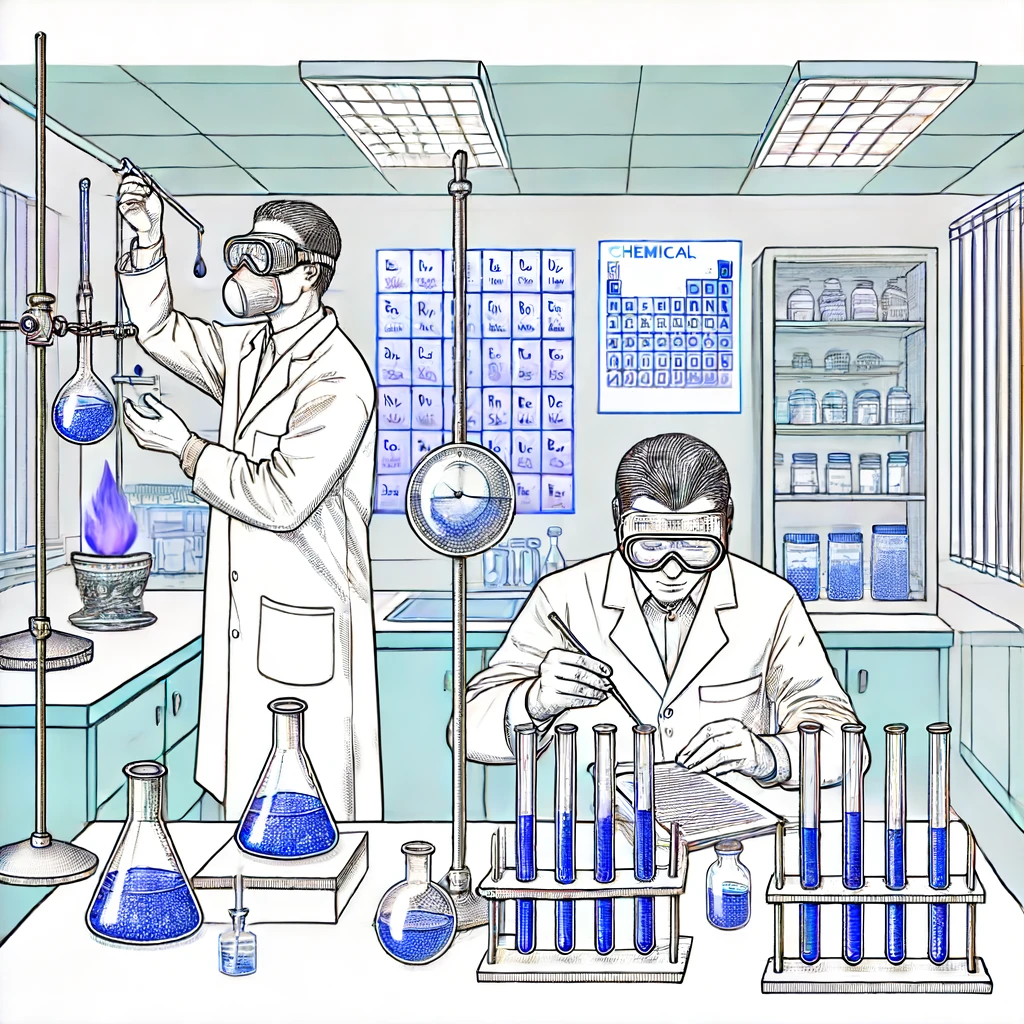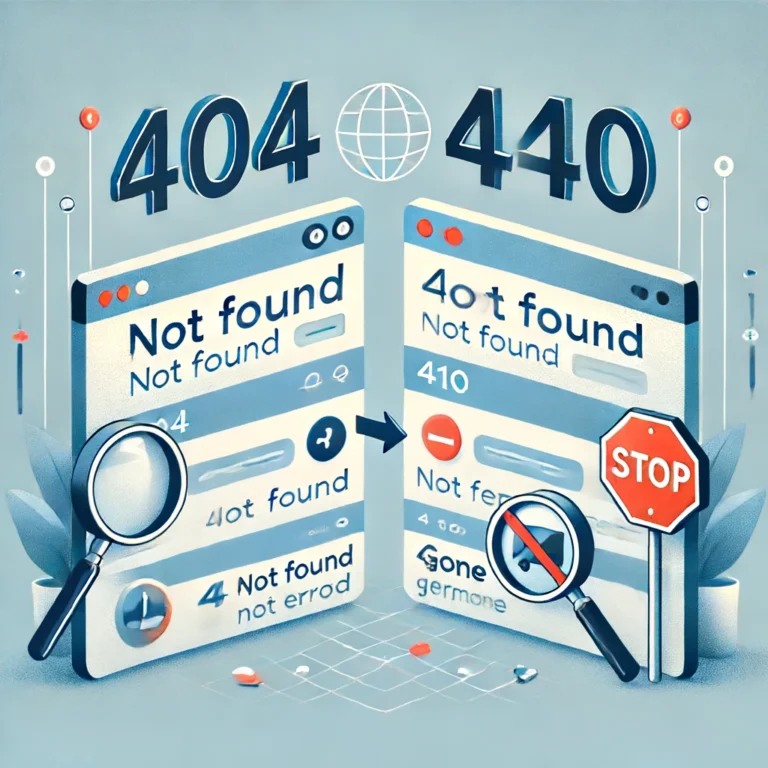When considering a career path, it’s essential to weigh the opportunities, challenges, and requirements of the field. One such path that often comes into question is the chemical industry. In this blog post, we will delve deep into whether “is major chemicals a good career path” by exploring various aspects of this industry.
What are Major Chemicals
The term “major chemicals” refers to a wide array of chemicals produced in large quantities and used in various industries. These chemicals are foundational to many products and processes, spanning from pharmaceuticals to agriculture, manufacturing, and consumer goods. Major chemicals typically include:
- Petrochemicals: Derived from petroleum and natural gas, used in plastics, resins, and synthetic fibers.
- Inorganic Chemicals: Such as acids, bases, and salts used in industrial processes.
- Specialty Chemicals: Produced for specific applications like additives, adhesives, and dyes.
- Agricultural Chemicals: Including fertilizers, pesticides, and herbicides.
These chemicals are crucial for various industrial applications, making the chemical industry a significant player in the global economy.
Best Paying Jobs in Major Chemicals
One of the primary considerations for anyone asking, “is major chemicals a good career path,” is the potential for lucrative employment. Here are some of the best-paying jobs in the chemical industry:
- Chemical Engineers: They design processes and equipment for large-scale manufacturing, plan and test production methods, and oversee the operations of chemical plants. Average salary: $80,000 – $120,000 annually.
- Pharmaceutical Chemists: Specialize in developing and testing new drugs. Average salary: $70,000 – $130,000 annually.
- Process Engineers: Focus on designing, implementing, and optimizing industrial processes. Average salary: $75,000 – $115,000 annually.
- Materials Scientists: Research and develop new materials and study their properties and applications. Average salary: $75,000 – $125,000 annually.
- Quality Control Managers: Ensure products meet required standards and regulations. Average salary: $70,000 – $110,000 annually.
What Do You Need for a Career in Major Chemicals?
A career in the chemical industry requires a solid educational foundation and a set of specific skills. Here’s what you typically need:
Education
- Bachelor’s Degree: Most entry-level positions require at least a bachelor’s degree in chemistry, chemical engineering, or a related field.
- Advanced Degrees: For higher-level positions, a master’s degree or Ph.D. may be necessary, particularly in research and development roles.
Skills
- Analytical Skills: Ability to analyze data and understand complex chemical processes.
- Problem-Solving Skills: Innovative thinking to solve production and design challenges.
- Technical Skills: Proficiency in using laboratory equipment and software for simulations and data analysis.
- Communication Skills: Clear communication is crucial for collaborating with teams and presenting findings.
Experience
- Internships: Practical experience through internships can be invaluable.
- Work Experience: Many employers prefer candidates with some industry experience, which can be gained through entry-level jobs or cooperative education programs.
Prominent Companies in Chemical Manufacturing
Numerous global companies dominate the chemical manufacturing sector, providing ample career opportunities. Some of the most prominent companies include:
- BASF: The largest chemical producer in the world, known for a wide range of products, including chemicals, plastics, and performance products.
- Dow Chemical Company: A major player in chemicals, plastics, and agricultural sciences.
- DuPont: Specializes in chemicals, agricultural products, and biotechnology.
- ExxonMobil Chemical: Focuses on petrochemicals and plastics.
- SABIC: A leading manufacturer of chemicals, fertilizers, and metals.
- LyondellBasell: Known for its production of plastics, chemicals, and refining.
These companies offer various roles across different specializations, making them ideal places to seek employment in the chemical industry.
How Many Jobs are in Major Chemicals
The chemical industry is a significant employer, providing millions of jobs worldwide. According to recent statistics, the chemical industry in the United States alone employs over 800,000 people. Globally, this number is much higher, reflecting the industry’s critical role in various economies.
Types of Jobs
- Research and Development: Innovating new products and improving existing ones.
- Production and Manufacturing: Overseeing the production processes in chemical plants.
- Quality Control: Ensuring products meet safety and quality standards.
- Sales and Marketing: Promoting chemical products to potential customers.
- Environmental Health and Safety: Managing compliance with environmental and safety regulations.
The variety of jobs available highlights the diverse opportunities within the industry, catering to different interests and skill sets.
How to Go About Getting a Job in Major Chemicals
Securing a job in the chemical industry involves several steps:
Education and Training
- Earn Relevant Degrees: Start with a bachelor’s degree in a relevant field.
- Pursue Further Education: Consider advanced degrees for specialized roles.
- Stay Updated: Engage in continuous learning through certifications and workshops.
Gain Experience
- Internships: Participate in internships during your studies to gain practical experience.
- Entry-Level Positions: Begin with entry-level jobs to build your resume.
Networking
- Professional Associations: Join associations like the American Chemical Society (ACS) to connect with professionals.
- Conferences and Seminars: Attend industry events to network and learn about job opportunities.
Job Search
- Job Portals: Use job portals like Synkdup to find relevant job openings.
- Company Websites: Check the careers section of prominent chemical companies.
- Recruitment Agencies: Consider specialized agencies that focus on the chemical industry.
Pros and Cons of Working in Major Chemicals
Like any career path, working in the chemical industry has its pros and cons.
Pros
- High Earning Potential: Many roles offer competitive salaries and benefits.
- Job Stability: The industry’s essential nature often means steady demand for skilled professionals.
- Diverse Opportunities: A wide range of job roles and specializations are available.
- Innovation and Impact: Opportunity to work on groundbreaking products and technologies.
Cons
- Health Risks: Exposure to hazardous chemicals can pose health risks if not properly managed.
- Environmental Concerns: The industry’s environmental impact can be a source of ethical concerns for some.
- High Pressure: The demand for precision and safety can create a high-pressure work environment.
- Continuous Learning: The fast-paced nature of the industry requires ongoing education and adaptation to new technologies.
FAQs
1. Is major chemicals a good career path for recent graduates?
Yes, the chemical industry offers numerous entry-level opportunities for recent graduates. Companies often seek fresh talent with new ideas and a willingness to learn.
2. What are the key skills required for a successful career in major chemicals?
Analytical skills, problem-solving abilities, technical proficiency, and strong communication skills are crucial for success in this field.
3. Are there opportunities for career growth in the chemical industry?
Absolutely. With continuous advancements and a broad range of specializations, there are ample opportunities for career progression and specialization.
4. How does one transition from an entry-level position to a higher role in major chemicals?
Gaining experience, pursuing advanced degrees, and continuously updating your skills through professional development can facilitate career advancement.
5. What are some of the ethical concerns associated with the chemical industry?
Environmental impact and health risks are significant ethical concerns. Companies are increasingly focusing on sustainable practices to mitigate these issues.
Conclusion
In conclusion, answering the question, “is major chemicals a good career path,” involves examining various facets of the industry. From lucrative job opportunities and essential educational requirements to prominent companies and the pros and cons of the field, the chemical industry offers a diverse and potentially rewarding career path. Whether you are a recent graduate or a seasoned professional, the opportunities for growth and innovation in this field make it a compelling choice for many.




Leave a Comment